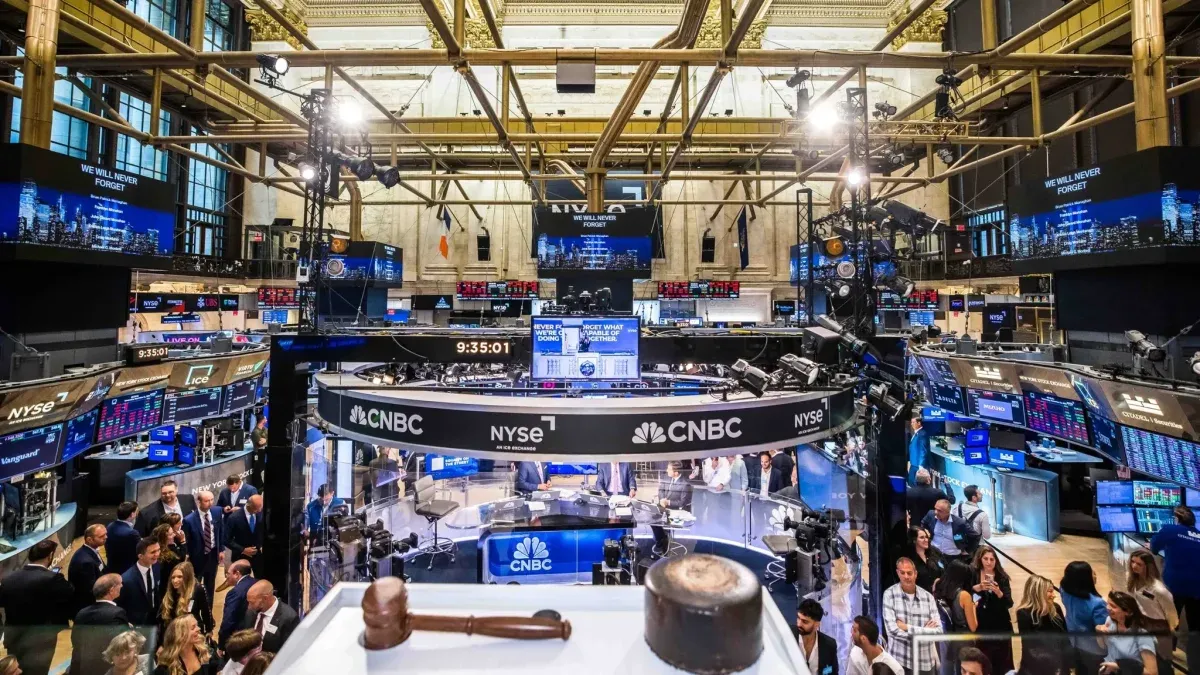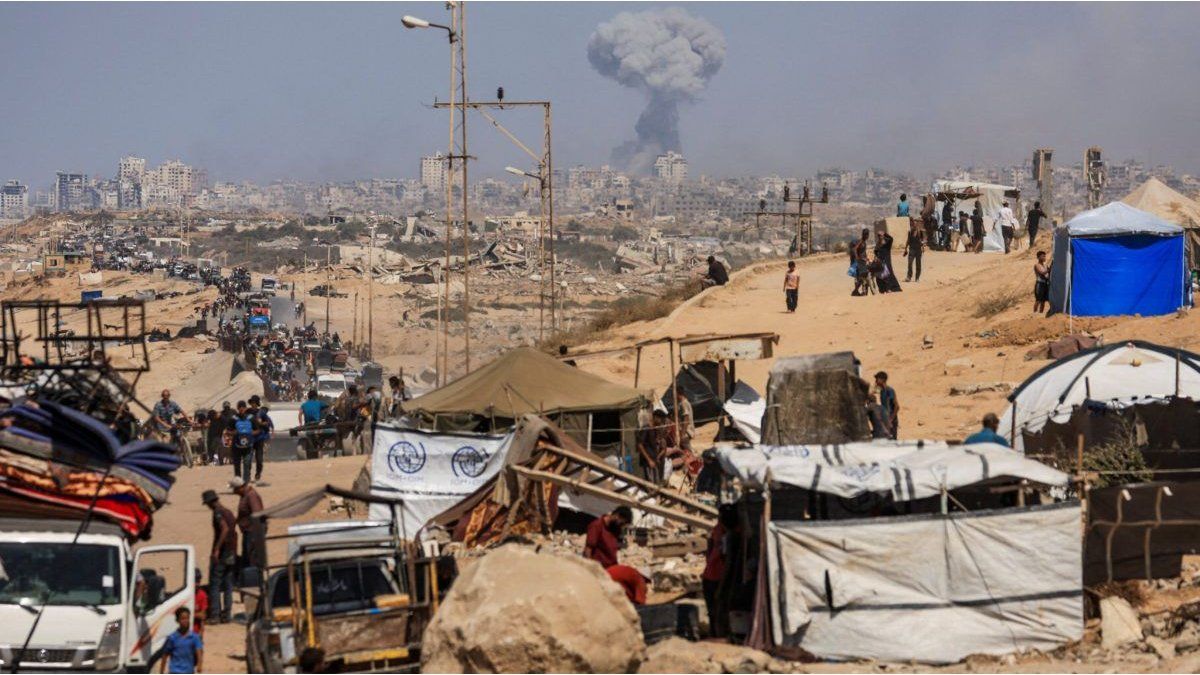The Federal President has asked for forgiveness in Poland for German crimes during the Second World War. But the burden of the past is also evident in protests on the sidelines of his visit.
Federal President Frank-Walter Steinmeier and Polish President Andrzej Duda jointly honored the victims of the Warsaw Uprising in 1944. 80 years after the desperate uprising against the German occupation, they laid wreaths at a memorial in the Wola district. Immediately after August 1, 1944, this was the scene of serious German war crimes. As a deterrent, soldiers murdered around 30,000 Polish civilians there within a few days.
“They were taken out of their houses, their houses were burned down, they themselves were shot in the streets, their bodies burned,” said Duda about the so-called Wola massacre. In total, around 200,000 Polish men, women and children were killed in the 63-day uprising against the German occupation. With the uprising, the Polish underground army had attempted to free its capital from the German occupation using its own forces.
Federal President kneels before wreath
Duda called it a symbolic moment that the Federal President was taking part in the commemoration of the Warsaw Uprising. Steinmeier first stood still in front of the wreath and then knelt down to adjust the ribbon. In a speech on Wednesday evening, he asked for forgiveness for the atrocities committed by Germans. At the same time, he called on Germans and Poles to work for a common Europe and to support Ukraine.
The Federal President also met with Duda for a political discussion. According to information from the Federal President’s Office, the discussion focused on the status of the planned German-Polish House in Berlin, which is to become a place of remembrance and meeting for both sides. The Presidents also exchanged views on the security situation in Europe, Ukraine and the upcoming elections in the USA.
Demands for reparations
During the wreath-laying ceremony, as during Steinmeier’s speech at the Uprising Memorial the previous evening, some demonstrators demanded reparations for the damage caused by Germany in World War II. They shouted “Reparacje” in Polish or chanted “We demand war reparations” in German.
In view of the enormous human losses and damage, this question is also relevant for today’s EU and NATO neighbor Poland. The former national conservative government in particular has presented Germany with a billion-euro bill. The current center-left government is more cautious. From the federal government’s point of view, there is no longer any legal right to reparations. Berlin would rather work with Warsaw on joint projects that also benefit surviving victims.
Thousands sing the old battle songs
The 80th anniversary of the uprising is being celebrated in Poland this year with a particularly large number of events – also bearing in mind that it is one of the last opportunities to meet contemporary witnesses. Even the men and women who fought as children or served as scouts or couriers are now over 90 years old. The commemoration has its own rituals. Every August 1st at 5 p.m. the whole of Warsaw stops, traffic stops, because that is when the uprising began. In the evening, thousands of people gather on Pilsudski Square to sing songs from the uprising era. In Germany, the Polish Warsaw Uprising of 1944 is less well known than the Jewish uprising in the Warsaw Ghetto and is often confused.
Source: Stern
I have been working in the news industry for over 6 years, first as a reporter and now as an editor. I have covered politics extensively, and my work has appeared in major newspapers and online news outlets around the world. In addition to my writing, I also contribute regularly to 24 Hours World.




